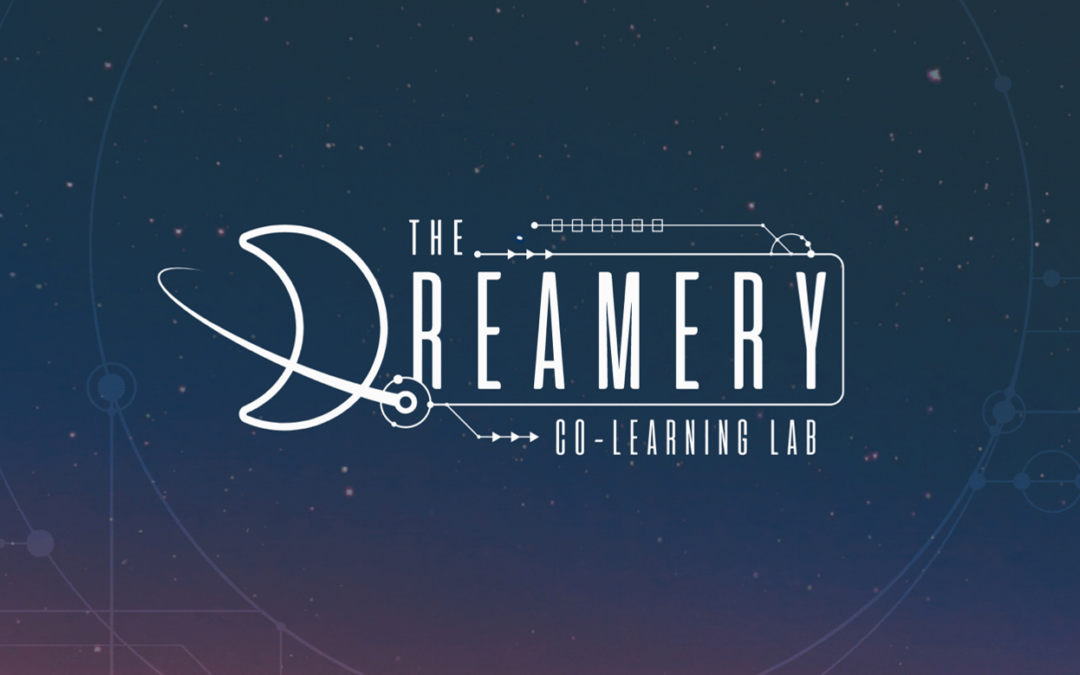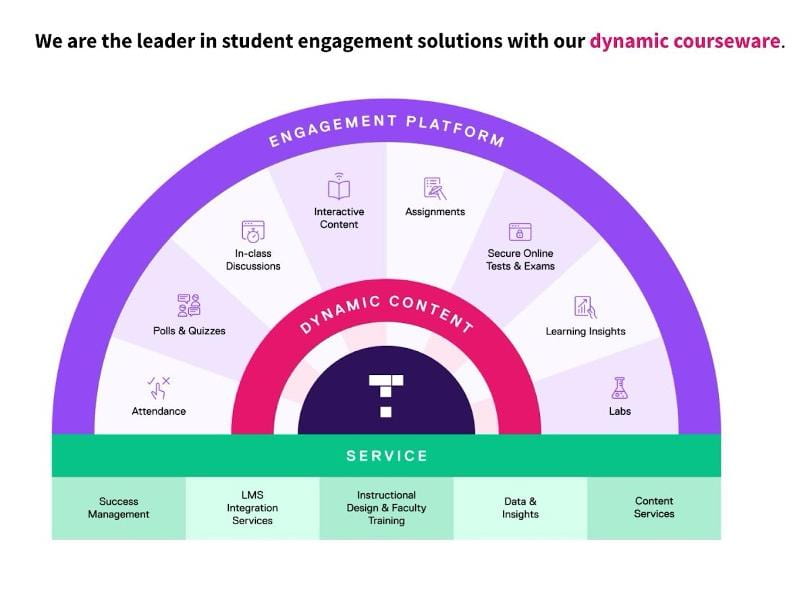
by Dean Blackstock | Sep 5, 2024 | News
All TLT News UNIVERSITY PARK, Pa. — Penn State University Libraries’ Teaching and Learning with Technology (TLT) has launched three innovative learning experiences for the fall 2024 semester. These experiences, designed to ignite creativity and foster hands-on...

by Dean Blackstock | Aug 28, 2024 | News
All TLT News UNIVERSITY PARK, Pa.— On Sept. 11 and 12, Penn State IT, Teaching and Learning with Technology (TLT), the College of Engineering, and the College of Information Sciences and Technology (IST) are partnering with Top Hat to offer a series of workshops...




